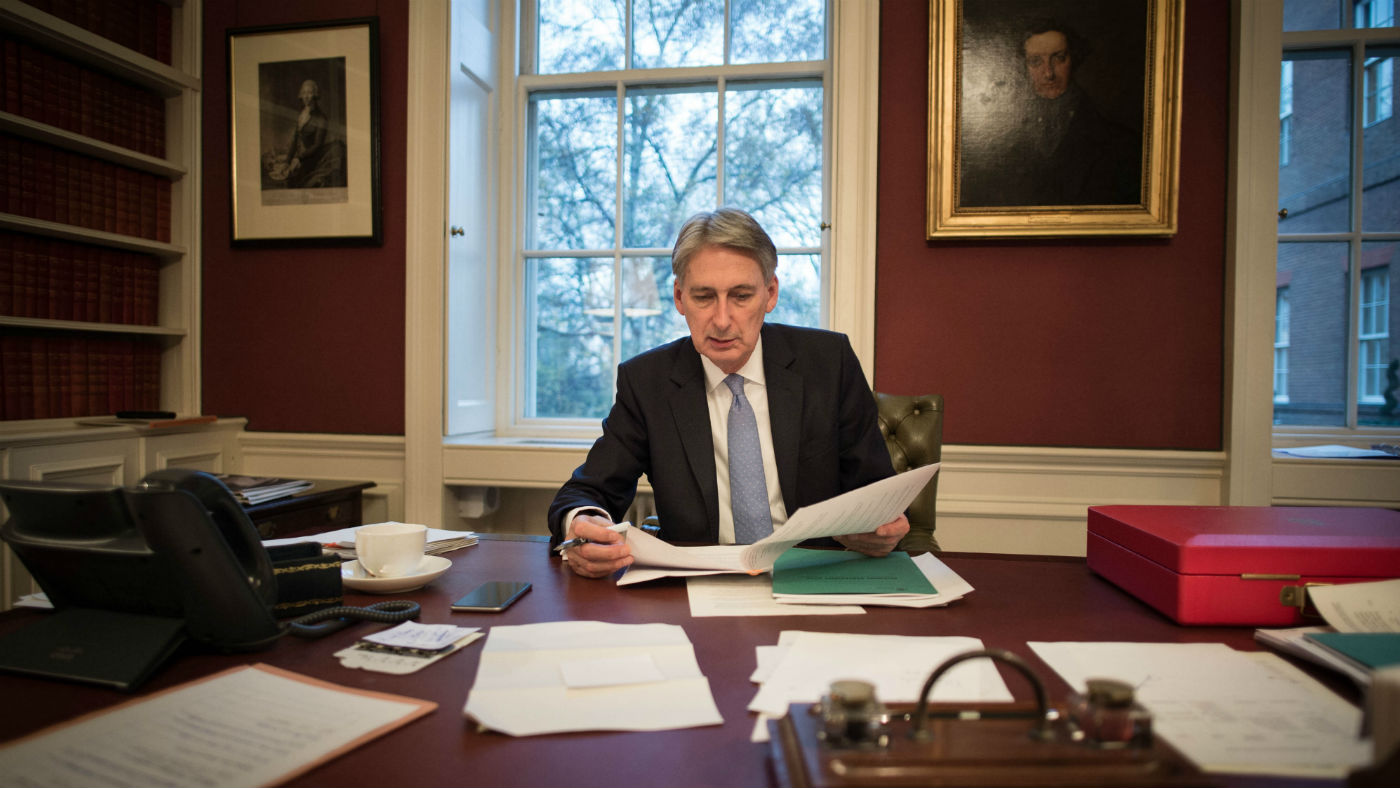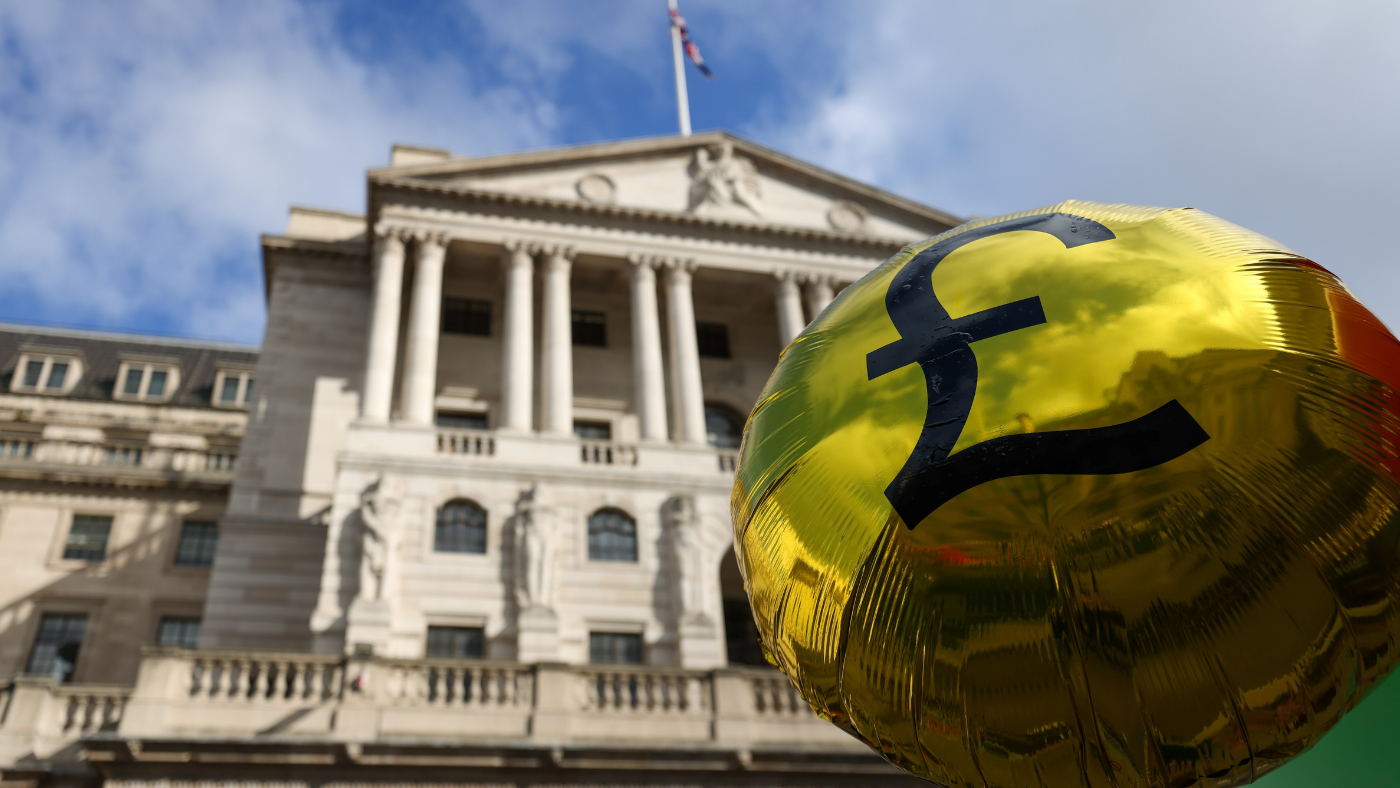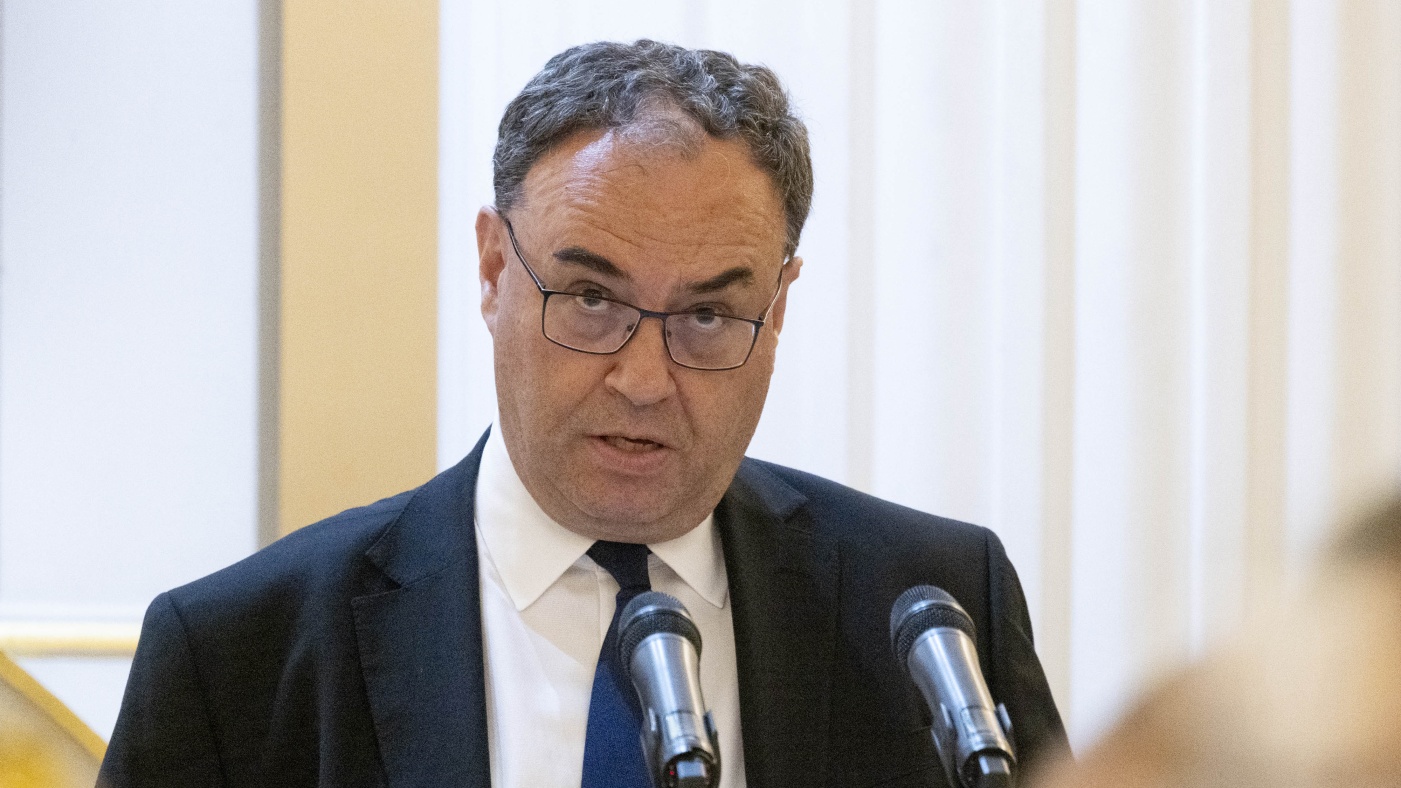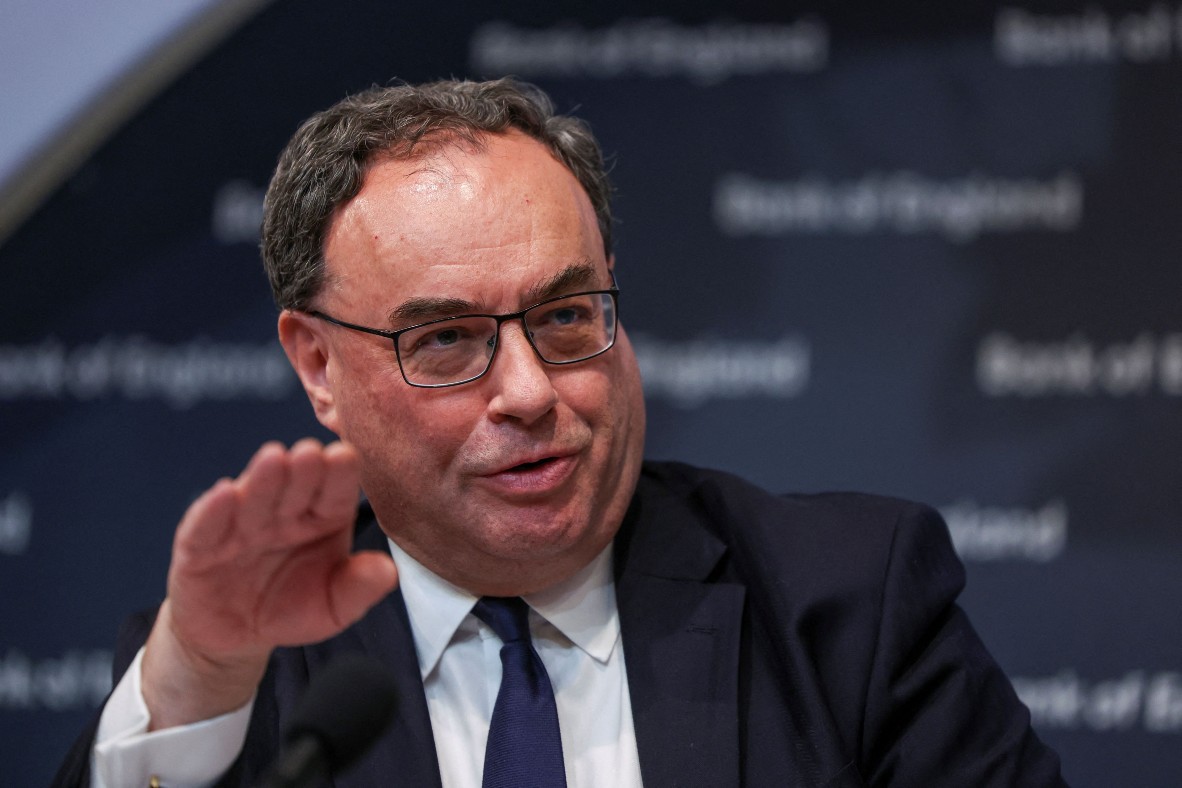Next Bank of England governor: the contenders
Chancellor Philip Hammond has launched hunt for Mark Carney’s replacement

A free daily email with the biggest news stories of the day – and the best features from TheWeek.com
You are now subscribed
Your newsletter sign-up was successful
Chancellor Philip Hammond has fired the starting pistol in the race to become the next governor of the Bank of England.
Hammond had twice persuaded Mark Carney to “stay on at Threadneedle Street from his original summer 2018 scheduled departure date, but knows that there will be no further extension”, says The Guardian’s Larry Elliott. And with Canadian-born Carney set to quit the role next January, the clock is ticking down to find a suitable replacement.
“We are looking, obviously, for a candidate of the highest calibre. As we leave the European Union it’s very important that the UK continues to play an important role in global fora,” Hammond told a parliamentary committee.
The Week
Escape your echo chamber. Get the facts behind the news, plus analysis from multiple perspectives.

Sign up for The Week's Free Newsletters
From our morning news briefing to a weekly Good News Newsletter, get the best of The Week delivered directly to your inbox.
From our morning news briefing to a weekly Good News Newsletter, get the best of The Week delivered directly to your inbox.
The chancellor said that he hoped to make an appointment in October and that his preference was to hire someone for an eight-year term.
The Treasury has appointed a recruitment firm, Sapphire Partners, to help in the search - “the first time it has sought external help to find a BoE governor”, reports Reuters.
Here are some of the top names believed to be in the running:
Andrew Bailey
A free daily email with the biggest news stories of the day – and the best features from TheWeek.com
Seen “as a safe pair of hands”, Bailey is a banking veteran and current head of the Financial Conduct Authority, says ITV News. He previously served as deputy governor at Prudential Regulation and chief executive at the Prudential Regulation Authority.
Berenberg’s chief UK economist Kallum Pickering has described Bailey as “impressive” and highlighted the significance of Brexit in the appointment. “Politically, it would be a good choice to get a Brit in there... The party of Brexit bringing another foreigner in - it would be very surprising,” Pickering told the London Evening Standard.
Andy Haldane
The Bank’s chief economist, Haldane “may be seen as a bit of a maverick but could stand an outside chance to replace Carney”, City A.M. says. Haldane has courted controversy in the past by criticising economic forecasters. He also said the Occupy movement protesters were right to criticise the global financial system and called on politicians and bankers to “behave in a more moral way”.
Ben Broadbent
Carney’s deputy is thought to be interested in the top job. For a decade prior to his appointment to the Monetary Policy Committee, Broadbent was senior European economist at Goldman Sachs, during which time he researched and wrote widely on the UK economy and monetary policy.
Jon Cunliffe
Another of Carney’s deputies, Cunliffe has an impressive-looking CV, having worked at the Treasury and as the UK permanent representative in Brussels. He “knows how EU works, which could prove useful whichever way the Brexit process pans out”, says The Guardian’s Elliott.
Shriti Vadera
The first and so-far only female chair of a British bank arrived in Britain as a child, after fleeing Uganda during the reign of Idi Amin. She read politics, philosophy and economics at Oxford, and had a stint at UBS Warburg, before becoming head of Santander UK. “The Bank needs more senior women in all of its areas, it’s not just a question of the governor. It is a very uncertain time at the moment, not least in monetary policy so it is more important to find the best person for the job,” Vadera told The Mail on Sunday last year.
Raghuram Rajan
A former governor of the Reserve Bank of India (RBI), Rajan predicted the financial crisis back in 2005 and “has a formidable reputation”, City A.M. reports. He is a “distinguished economist” and “knows a think or two about how to handle political pressure”, says The Guardian’s Elliott, who adds that Rajan’s “appointment would suggest that Global Britain might be more than a slogan”.
-
 What are the best investments for beginners?
What are the best investments for beginners?The Explainer Stocks and ETFs and bonds, oh my
-
 What to know before filing your own taxes for the first time
What to know before filing your own taxes for the first timethe explainer Tackle this financial milestone with confidence
-
 The biggest box office flops of the 21st century
The biggest box office flops of the 21st centuryin depth Unnecessary remakes and turgid, expensive CGI-fests highlight this list of these most notorious box-office losers
-
 The end for central bank independence?
The end for central bank independence?The Explainer Trump’s war on the US Federal Reserve comes at a moment of global weakening in central bank authority
-
 Should Labour break manifesto pledge and raise taxes?
Should Labour break manifesto pledge and raise taxes?Today's Big Question There are ‘powerful’ fiscal arguments for an income tax rise but it could mean ‘game over’ for the government
-
 What are stablecoins, and why is the government so interested in them?
What are stablecoins, and why is the government so interested in them?The Explainer With the government backing calls for the regulation of certain cryptocurrencies, are stablecoins the future?
-
 Will the UK economy bounce back in 2024?
Will the UK economy bounce back in 2024?Today's Big Question Fears of recession follow warning that the West is 'sleepwalking into economic catastrophe'
-
 Interest rates rise to 5.25% for first time in 15 years
Interest rates rise to 5.25% for first time in 15 yearsSpeed Read Inflation is slowing but at 7.9% it remains well above the Bank of England’s 2% target
-
 Five options to get the UK back to 2% inflation
Five options to get the UK back to 2% inflationfeature Some economists believe alternatives to raising interest rates are in the country’s best interests
-
 Why aren’t soaring interest rates bringing down inflation?
Why aren’t soaring interest rates bringing down inflation?Today's Big Question PM pins blame for stubborn inflation on fixed-rate mortgages, but economists say the picture is more nuanced
-
 Sticky inflation and sluggish growth: why does UK economy continue to struggle?
Sticky inflation and sluggish growth: why does UK economy continue to struggle?Today's Big Question Food prices, Brexit and the Bank of England have been blamed for poor economic performance